Broccoli (Brassica oleracea var. italica) is a cruciferous vegetable that belongs to the cabbage family (Brassicaceae). It is native to the Mediterranean region and has been cultivated for thousands of years. Broccoli is characterized by its green, tree-like appearance, with tightly clustered florets attached to a thick, edible stalk. It is celebrated for its crunchy texture and mild, slightly bitter flavor, and is commonly used in a variety of culinary dishes.
Table of Contents
Broccoli and Antioxidants
Antioxidants are compounds that help protect the body from oxidative stress and damage caused by free radicals. Broccoli is rich in various antioxidants, making it a valuable addition to a healthy diet.
Is Broccoli Rich in Antioxidants?
Yes, broccoli is rich in antioxidants. It contains several antioxidant compounds, including:
- Vitamin C: A powerful antioxidant that supports the immune system and helps protect cells from damage.
- Vitamin E: A fat-soluble antioxidant that helps protect cell membranes from oxidative damage.
- Beta-Carotene: A precursor to vitamin A, which has antioxidant properties and is essential for vision and immune function.
- Flavonoids: Such as kaempferol and quercetin, which have anti-inflammatory and antioxidant effects.
- Glucosinolates: Compounds that have been linked to cancer prevention and other health benefits.
Health Benefits of Broccoli's Antioxidants
The antioxidants in broccoli provide numerous health benefits:
- Cancer Prevention: Broccoli contains compounds like sulforaphane and indole-3-carbinol, which have been shown to inhibit the growth of cancer cells and reduce the risk of certain types of cancer, including breast, prostate, and colon cancer.
- Heart Health: The antioxidants in broccoli help lower cholesterol levels, reduce inflammation, and improve arterial function, supporting heart health and reducing the risk of heart disease.
- Eye Health: Beta-carotene, lutein, and zeaxanthin in broccoli help protect the eyes from damage caused by UV light and reduce the risk of age-related macular degeneration and cataracts.
- Digestive Health: Broccoli is rich in fiber, which supports digestive health by promoting regular bowel movements and preventing constipation.
- Immune Support: Vitamin C and other antioxidants in broccoli support the immune system, helping the body fight off infections and illnesses.
Is Broccoli a Superfood?
Broccoli is often classified as a superfood due to its exceptional nutrient density and wide array of health benefits. It is low in calories but rich in vitamins, minerals, antioxidants, and fiber, making it an excellent addition to a balanced diet.
Is Broccoli the Most Nutritious Green Vegetable?
While broccoli is undoubtedly one of the most nutritious green vegetables, it's challenging to declare it the single most nutritious, as other greens like kale, spinach, and Brussels sprouts also offer impressive nutritional profiles. However, broccoli's rich content of vitamins A, C, K, folate, calcium, and fiber makes it a standout choice for overall health.
Broccoli for Recuperation
Broccoli is an excellent food for recuperation from illness due to its high nutrient and antioxidant content. It supports immune function, reduces inflammation, and provides essential vitamins and minerals that aid in recovery and overall health maintenance.
Ways to Use Broccoli
There are numerous ways to enjoy broccoli:
- Steamed: Steam broccoli until tender-crisp and serve as a side dish.
- Roasted: Toss broccoli florets with olive oil, garlic, and seasonings, then roast until caramelized.
- Stir-Fried: Stir-fry broccoli with other vegetables, tofu, or meat for a quick and healthy meal.
- Raw: Add raw broccoli florets to salads or vegetable trays for a crunchy snack.
- Soups and Casseroles: Incorporate broccoli into soups, stews, and casseroles for added nutrition and flavor.
Popular Broccoli Recipes
- Roasted Broccoli: Toss broccoli florets with olive oil, minced garlic, salt, and pepper. Roast in the oven at 425°F (220°C) until tender and caramelized.
- Broccoli Salad: Combine blanched broccoli florets with red onion, bacon, raisins, and a creamy dressing.
- Broccoli and Cheddar Soup: Cook broccoli with onions, garlic, broth, and milk, then blend until smooth. Stir in grated cheddar cheese until melted.
- Broccoli Stir-Fry: Stir-fry broccoli with sliced bell peppers, onions, garlic, and your choice of protein in a mixture of soy sauce and sesame oil.
- Broccoli Quinoa Bowl: Serve cooked quinoa topped with steamed broccoli, roasted chickpeas, avocado slices, and a drizzle of tahini dressing.
Conclusion
Broccoli is a highly nutritious and versatile vegetable that offers numerous health benefits, primarily due to its rich antioxidant content. Whether you’re looking to boost your immune system, improve heart health, or simply enjoy a delicious and nutritious food, broccoli is an excellent choice. Its status as a superfood is well-deserved, and incorporating it into your diet can help you take advantage of its impressive nutrient profile.

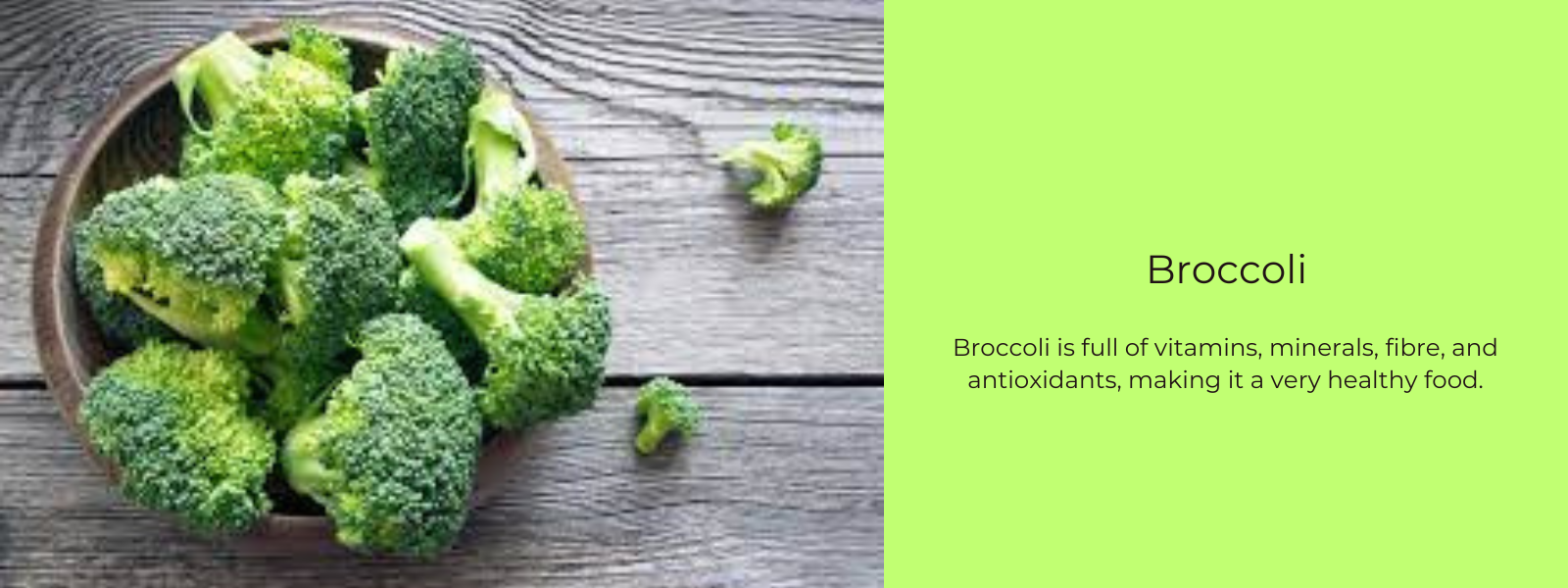
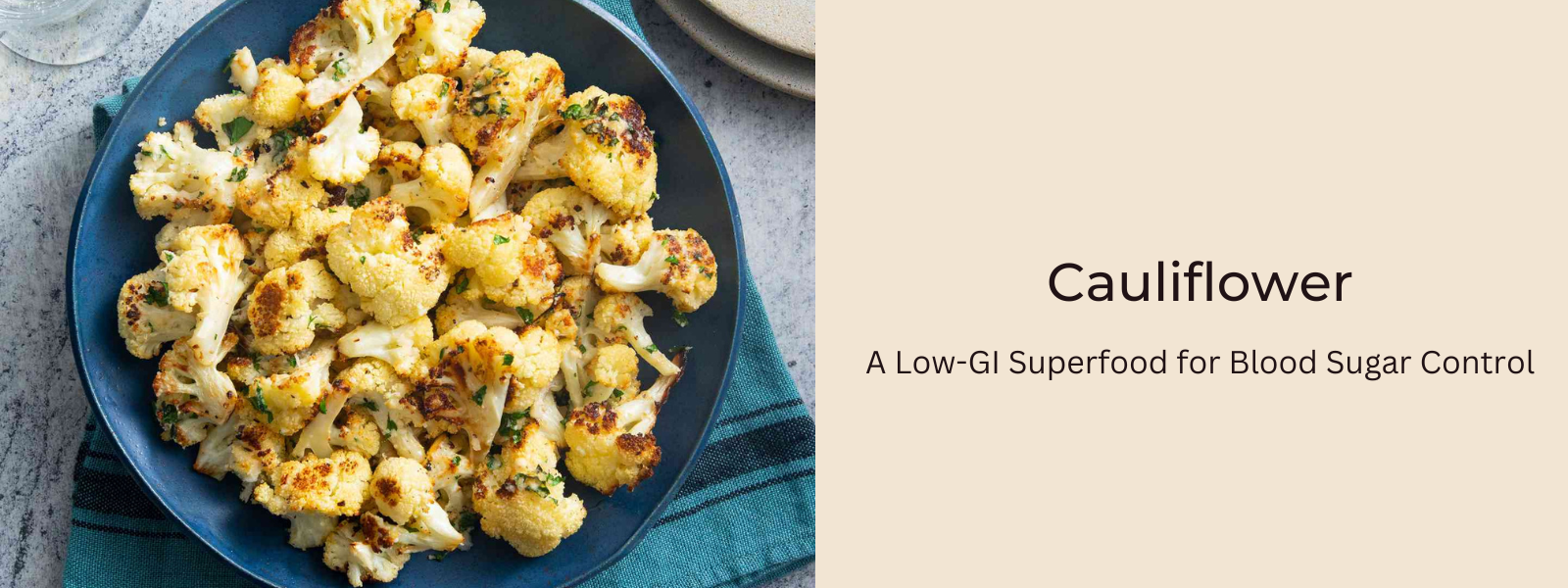
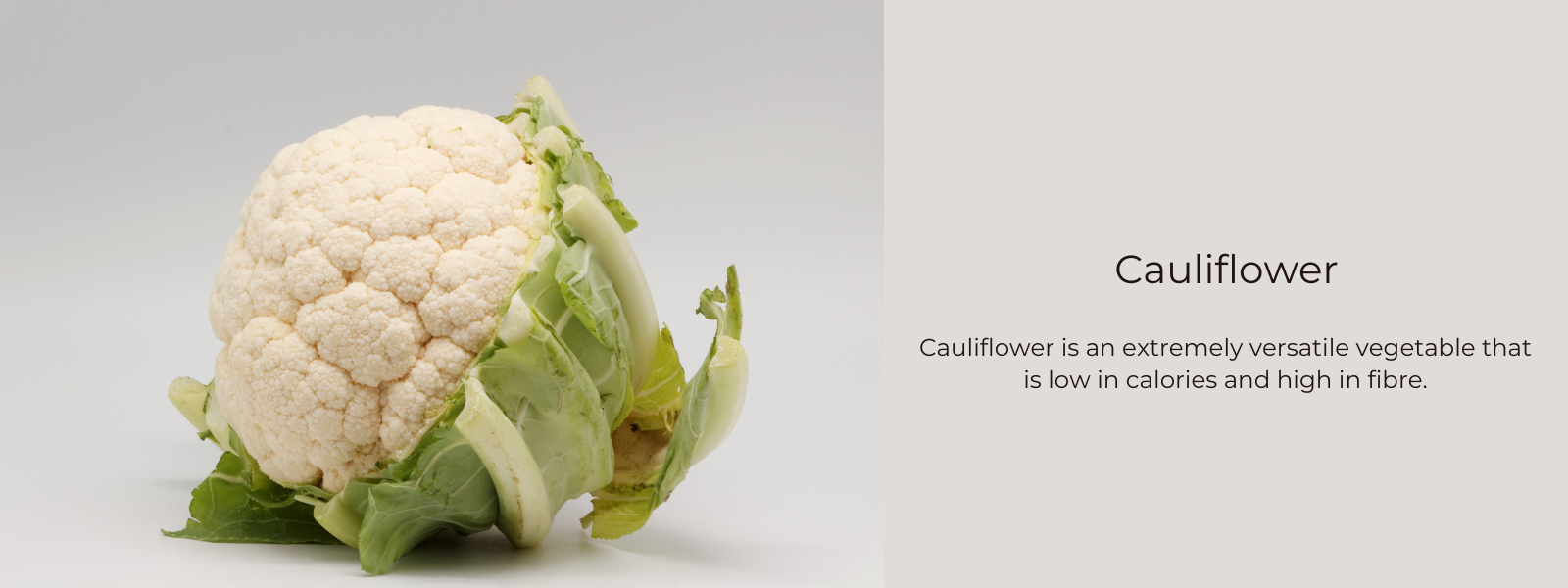
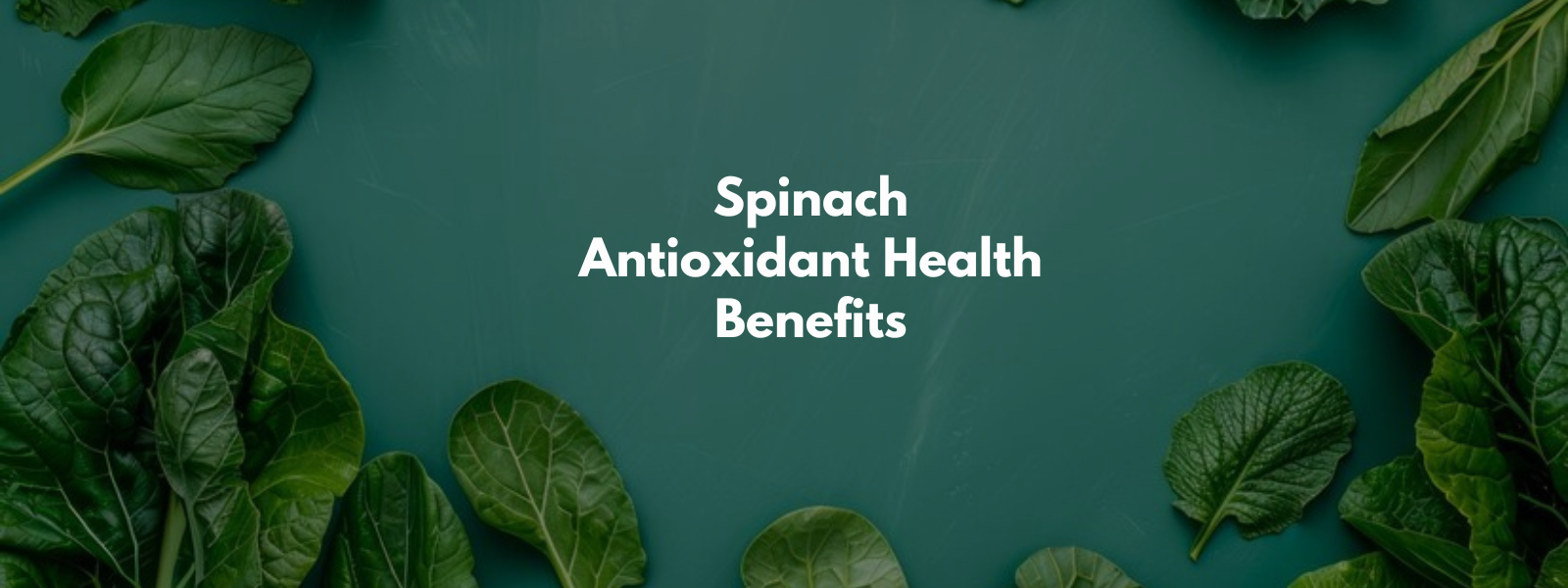
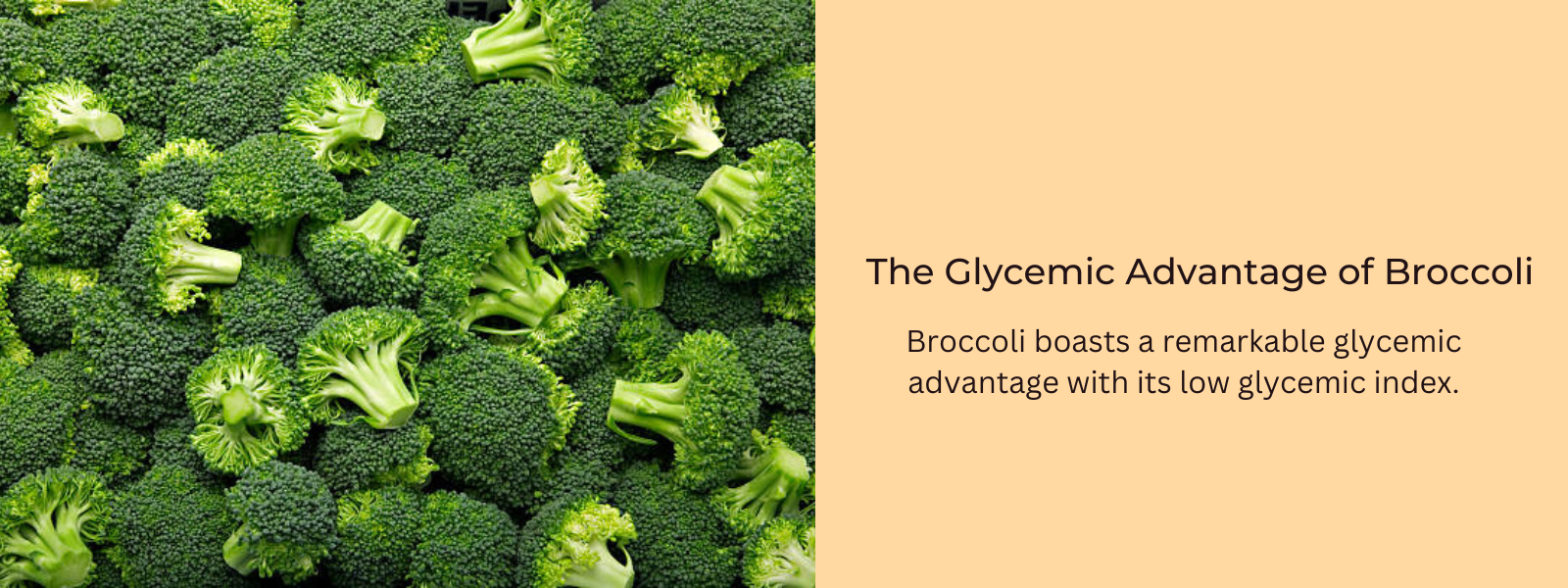

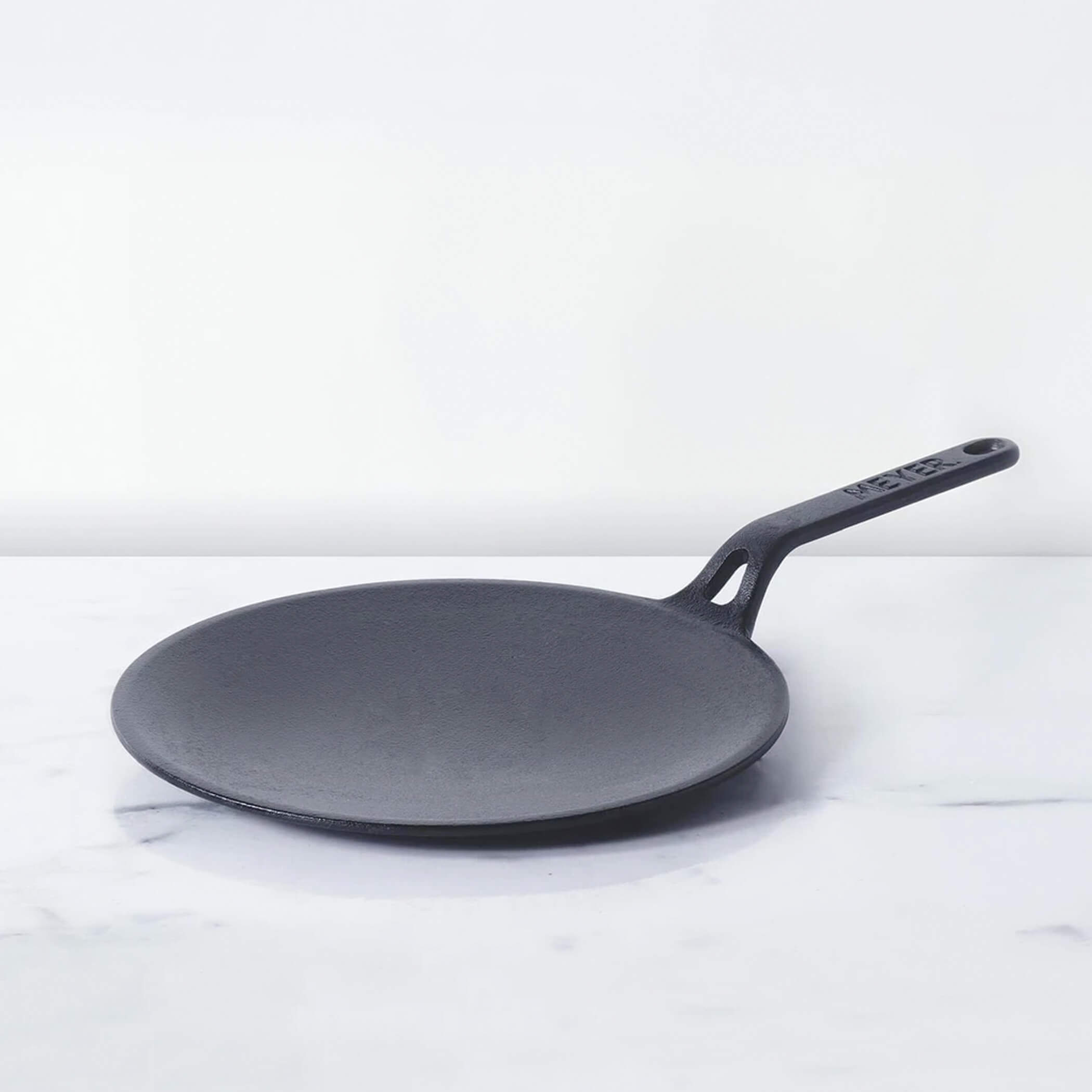




Leave a comment